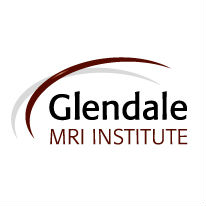Magnetic resonance imaging (MRI) is a diagnostic exam that relies on a strong magnetic field, radiofrequency energy, and a powerful computer to produce accurate and clear pictures of internal body structures. The non-invasive nature of an MRI has made it the procedure of choice for diagnosing a wide range of potential problems in various parts of the body, from the brain down to the tissues of one’s toes.
As with most major diagnostic procedures, however, there are a few considerations for you to remember before the day of your MRI. In fact, your doctor and MRI facilities have a screening process that ensures a smooth and problem-free scan. Other than checking for the presence of any metallic implants or objects in your body, they’ll also ask about your health history and whether or not you’re claustrophobic. The following are some common pre-MRI concerns that you ought to know about:
Which foods should you avoid so as not to affect the results of an MRI?
Take note that unless your doctor specifically instructs you not to eat or drink anything before the MRI, there are no food restrictions. There are times though, when patients are requested to go on fasting four hours prior. Food restrictions may be necessary for the MRI scan of the abdominal or pelvic area.
Which medication may counteract with the MRI scanning process?
The same as food, you may take your usual medications unless otherwise advised by your physician. There are generally no medications that can interfere with the MRI scanning process, but some medications that may alter your tissues or organ function, such as anti-inflammatory drugs, may have to be put on hold before the MRI.
What other preparatory activities must you undergo before an MRI?
To avoid any inconveniences at the MRI facility, avoid wearing any metallic jewelry, wear cotton clothing without metal clips or zippers, and bring a copy of your personal health record that contains a list of your current medications and, if applicable, your device implant card to help the doctor gauge the suitability of the procedure for the device you have.
Source:
MRI How You Prepare, Mayo Clinic
